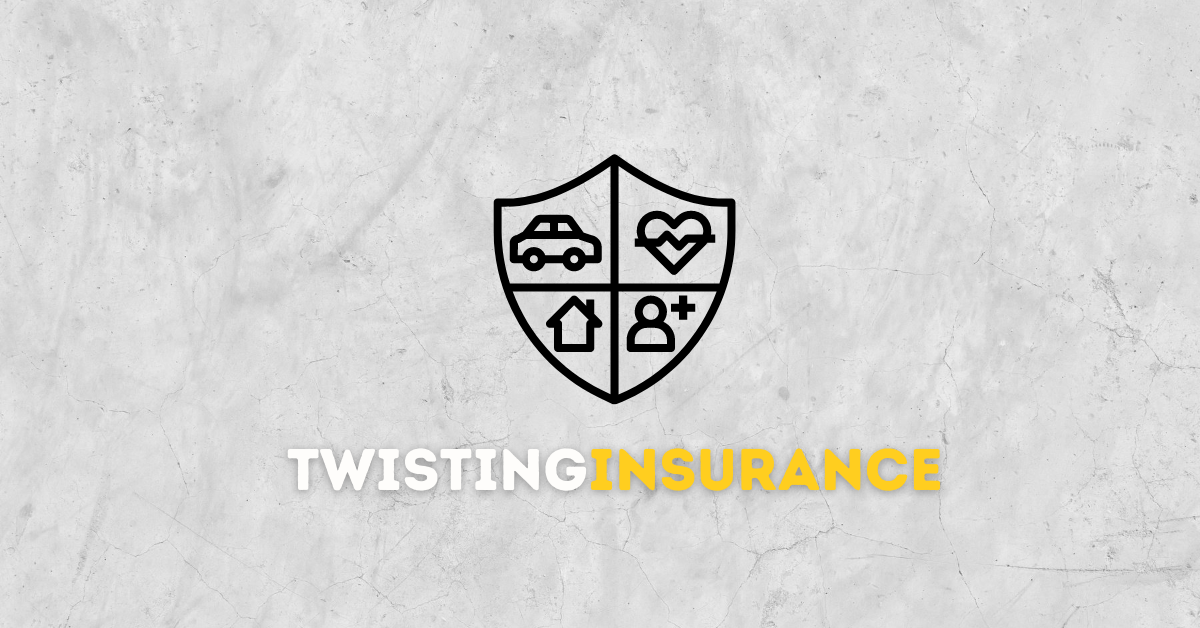Insurance twisting is a form of sales technique that requires an insurance agent to stretch the truth in order to get you to change your mind. A good example of this type of practice is when an insurance agent says that your current policy is sufficient, but then suggests that you replace it with something better for a higher price. While this can be a legitimate practice, it is also dangerous, especially if you're a new customer.
Luckily, there are ways to avoid twisting in insurance. The most important is to be aware of the coverage you'll need, discuss it with your agent, and get everything in writing. While these strategies can help you prevent twisting, they are not foolproof. The best way to protect yourself is to call your insurance agent before buying a policy. However, even if you're satisfied with the coverage you currently have, it's still important to make sure that you're making the right choice.
Thankfully, the national association of insurance commissioners created a model law that prohibits the practice. This law prohibits a salesperson from misrepresenting an insurance policy or comparing it to another one. Most states have enacted the act and, in fact, have laws that specifically define insurance twisting as a criminal offense. Alternatively, the agent might be charged under general fraud statutes if he or she tries to take advantage of a consumer.
Insurance agents can use the Unfair Trade Practices Act to prevent twisting in insurance. By enacting this model law, most states now prohibit the practice of misleading customers about their insurance policies. Similarly, most states have enacted laws that define twisting as a criminal offense. Additionally, many states have laws relating to insurance fraud, which prohibit the sale of fraudulent policies. As such, it is vital to avoid engaging in any form of twisting in your insurance coverage.
Insurance agents often try to persuade clients to purchase a policy by twisting the facts. This type of insurance marketing is not only bad for consumers, but it can also be dangerous for your financial wellbeing. Therefore, it is important to avoid such shady behavior when purchasing an insurance policy. It is best to know what your coverage entails and what your options are. By acquiring as much information as possible, you will be able to avoid being a victim of twisting in the marketplace.
When considering the cost of insurance, you must consider the cost of coverage. As a rule of thumb, the more expensive the premium, the better. Nevertheless, it is essential to keep an eye out for policies that promise lower premiums. In addition to the price, a policy must cover both health and property. The insurance agent's job is to protect his client's interests in any case, but twisting is a common practice in the industry.
In addition to being a scam, insurance twisting involves deceiving the policy owner to change the terms of their existing policy. For example, an insurance agent might encourage a client to switch from one policy to another, but it will ultimately cause the client to become unhappy with the changes. Churning can also involve the twisting of the truth to make it more profitable for the insurance agent. When the insurance agent has to re-write the details of the original agreement, he or she is committing fraud.
Insurance twisting is a type of insurance scam in which a life insurance policyholder is intentionally deceived by an agent to get a better deal. This practice can affect the financial status of the client, and it can end up costing the policyholder a lot of money. Moreover, it also puts the insurance agent in a position to gain more profit. Hence, twisting in the industry is a serious issue, and it's always better to be informed than to be caught unawares.
The practice of twisting in insurance is a way to get people to switch their policies and avoid paying more than they need to. The most common way to avoid twisting in insurance is to understand the scope of coverage and agree with the agent. While these methods are not foolproof, they are very effective. Aim to avoid this type of shady behavior by an insurance agent, call and discuss the situation thoroughly before buying a policy.





0 Comments